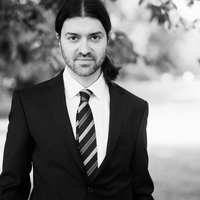
Episode 176: Plato Latinus
The podcast turns from the eastern Roman empire to its western reaches, now falling into strife and decline as we move into the fifth century. In this episode we look at languages, especially Latin and Greek, and discuss how their intelligibility declined in the respective halves of the now-sundered empire. And we discuss the fate of Plato and Platonism in western Europe as we move into a series of episodes discussing late-antique esotericism in Latin.












